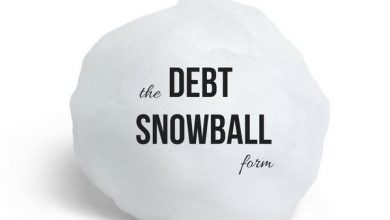Negative Impacts of a Bad Credit Rating

A person with a bad credit score can still obtain credit but may feel the consequences are too much. A poor credit mark will result in high-interest rates that can quickly become expensive, especially if you take longer to pay your accounts. A good, excellent, or exceptional credit score will reduce the interest charges and help you to save money in the long run. There are many other benefits to having a good credit score.
Your credit score is one way for the landlord to learn more about prospective tenants. The landlord or rental agency will often use your credit report to see if you pay on time or miss payments. Often, landlords are more willing to let property to people with a high credit score and will outrightly reject applicants with a low credit score. A person with a good credit score is more likely to be approved for renting a property since the landlord knows that the person is likely to pay.
Lenders will always choose a customer who has security when it comes to providing credit facilities. Owning an apartment, vehicle, or other assets will give banks the knowledge that you can pay them back. Stable assets help in negotiations with financial institutions for decreasing interest rates and down payments.
A person with a low credit score is perceived to be a high-risk client. The insurance company assumes that these people are more likely to claim from the insurance for unnecessary or fraudulent claims. This lack of trust results in higher insurance premiums.
A similar concept to the credit score is an insurance score used in some companies. The scores are not the same, but the general principle of a higher score better stays the same. Your credit score will greatly influence your insurance score.
Business credit cards offer similar rewards to personal credit cards, but you will only get these if the business has a good credit score. Most of the rewards for business will be in the form of a cashback percentage on the purchases made with the business credit card.




